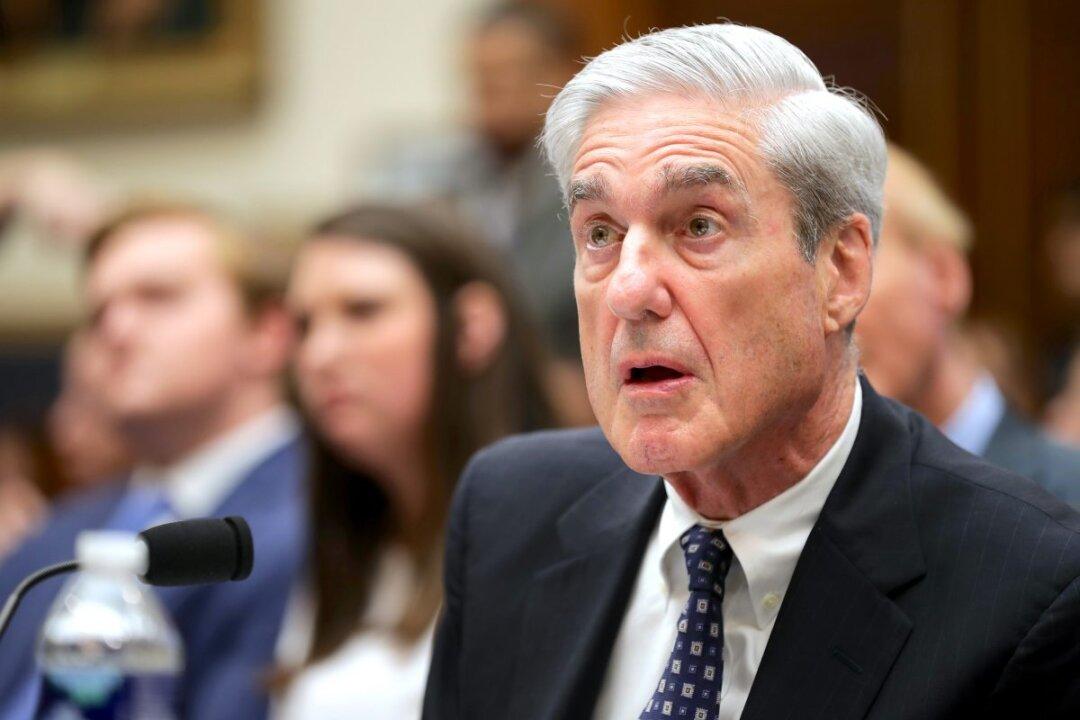The Justice Department (DOJ) has turned over an unredacted version of former special counsel Robert Mueller’s report on alleged Russian interference in the 2016 election to a federal judge who demanded earlier this month to see the report.
DOJ attorneys notified the judge in a filing to the U.S. District Court for the District of Columbia about the delivery of the documents. The documents were submitted to the court pursuant to two orders made by District Court Judge Reggie Walton on March 16.




